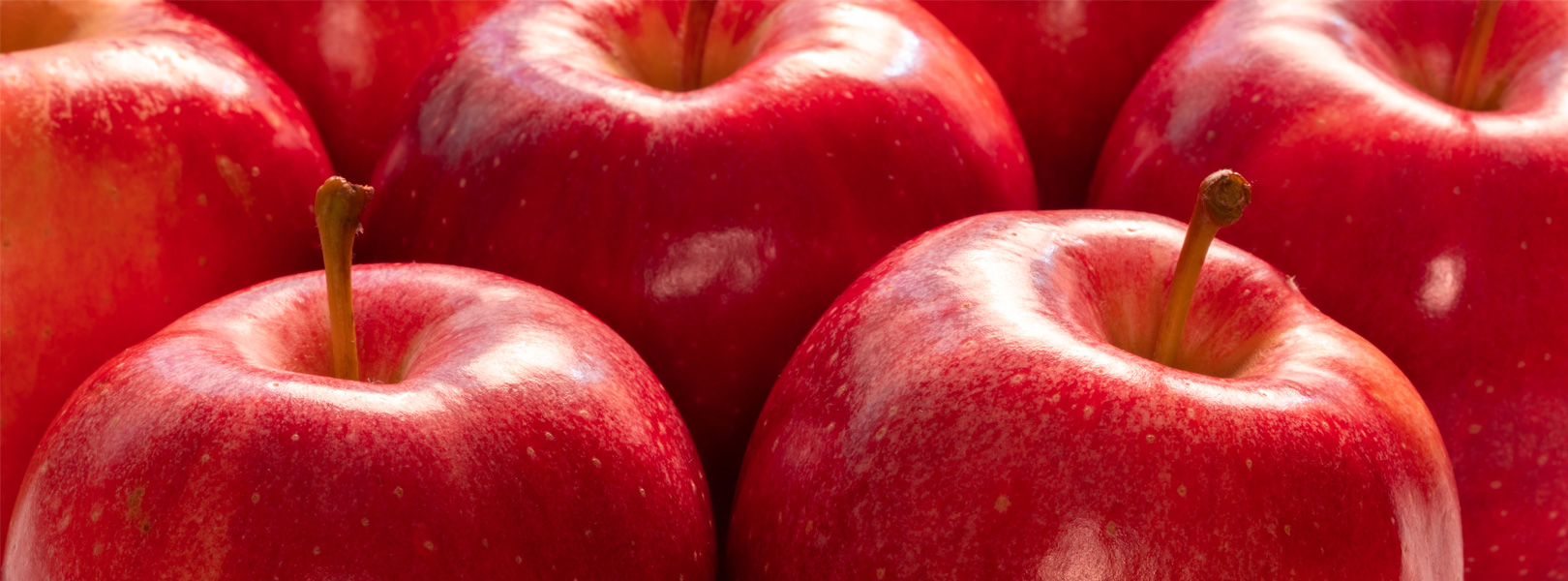“Keeping the doctor away” is not a medical center’s best practice or a wise decision for anyone. But eating “an apple a day” is a worthy pursuit. At Welia Health, we’re here for you, and we’re confident that your apple consumption will never replace your need for our care.
Curiosity about the age-old adage sparked our research into its origins. The first recorded use was in the 1860s in Pembrokeshire, Wales. The initial phrasing was, “Eat an apple on going to bed, and you’ll keep the doctor from earning his bread.” The saying evolved into “an apple a day, no doctor to pay” and “an apple a day sends the doctor away.” The version we know came to be in 1922.
Ancient concept, modern research
Ancient Romans and Anglo-Saxons recognized the health benefits of apples, according to Caroline Taggart, author of “An Apple a Day: Old-Fashioned Proverbs and Why They Still Work.” The fruit also appeared in traditional Ayurvedic medicine, one of the world’s oldest holistic (or “whole-body”) healing systems, starting about 1,500 years ago in southern Asia.
Fast-forward thousands of years, and doctors and researchers continue to examine the health benefits of the popular fruit. In 2011, a Dutch study showed that eating apples and pears might help prevent stroke. The following year, an Ohio State University study of healthy, middle-aged adults showed that consuming an apple a day for four weeks lowered levels of bad cholesterol by 40 percent.
Importance of eating fruits (and vegetables)
Fruits and vegetables provide our bodies with critical nutrients that help us stay healthy and ward off disease. Regular consumption of fruit is linked to reduced risks of cancer, cardiovascular disease (especially coronary heart disease), stroke, Alzheimer’s disease, cataracts, and some of the functional declines experienced with aging.
Plus, diets that include enough potassium from fruits and vegetables also help reduce the chance of developing kidney stones and may help lower the effects of bone loss. Fruits are also low in calories and are often part of a weight-loss diet.
Different fruits and vegetables have distinct nutritional benefits and offer varying levels of the vitamins we need. For example, apples are low in calories and sodium and high in fiber, and Vitamin C. Carrots are high in beta carotene, fiber, vitamin K1, potassium, and antioxidants. They also help lower cholesterol levels and improve eye health.
Use the chart below to identify the nutrients your body needs, their benefits, health issues related to deficiencies, and the best sources.
Ways to increase fruit and vegetable consumption
Current nutritional guidelines recommend eating five servings of fruit and vegetables a day. Here are five ideas on how to get to those five servings:
- Buy more, eat more: Make sure to include lots of fruits and vegetables in your shopping cart. During every shopping trip, take note of how much of the cart is filled with fruits and vegetables.
- Prepare them right away. After shopping, wash and chop your just-bought raw or frozen veggies and store them in the fridge, preferably in glass or BPA-free containers. Then, they’re ready to add to a meal. But don’t wash fruit until you’re ready to eat it.
- Include a fruit or vegetable at every meal. Add it as a side or as part of the meal itself. Be creative and experiment with different combinations.
- Blend your breakfast. You can blend up a healthy, fruit- and fiber-packed breakfast in one minute. To save even more time during the work week, assemble smoothie ingredients over the weekend into individual servings. Then, just dump the contents into the blender, add a liquid (milk, almond milk, water or low-calorie juice work well), and press blend.
- Snack on them. Fruits and vegetables make excellent snacks. They’re portable and healthy. Grab an apple and go.
To learn more about nutrition and how to adjust your diet to meet your health goals, contact Welia Health’s Nutrition Services and schedule an appointment today.
One more thing

Head to an orchard or farm this fall for a fun and family-friendly activity.
Stock up on apples. You know what they say about apples! Here are links to area orchards:
- Peaceful Pines Farm in Pine City
- Cider Flats Apple Orchard in Hinckley
- Jake’s Apple Shack in Stanchfield














